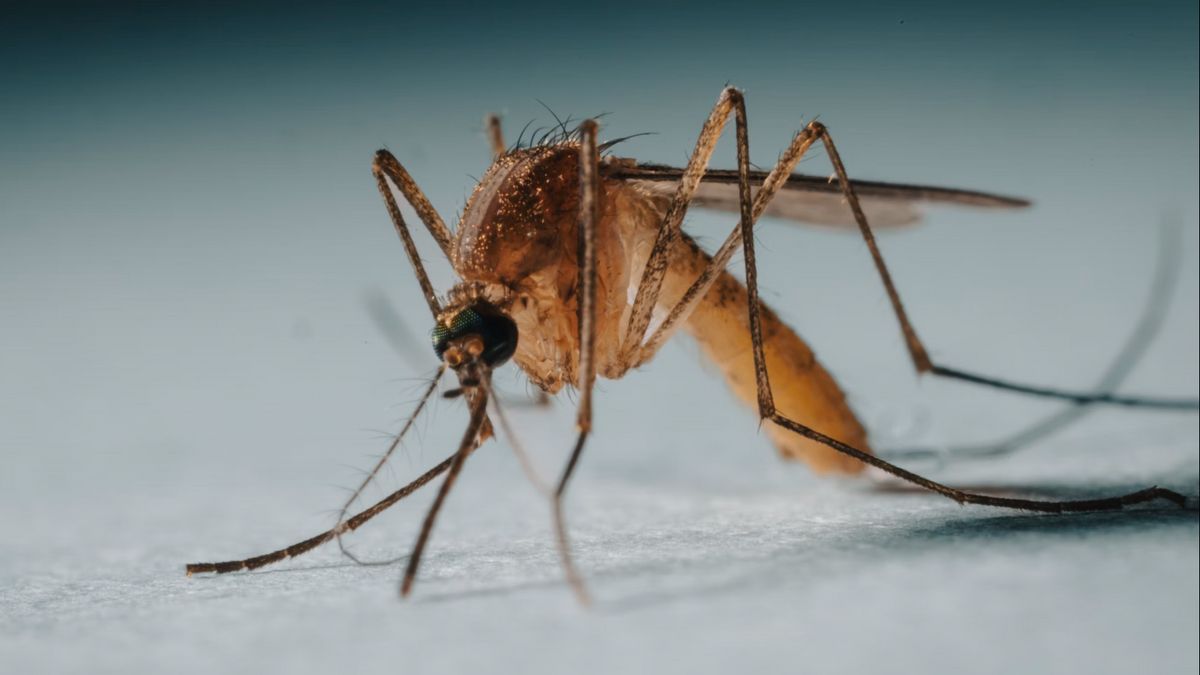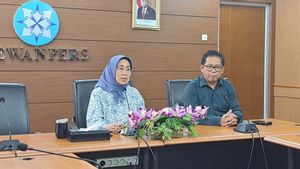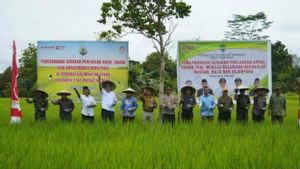
Minister of Health Budi Gunadi Sadikin stated scientific facts regarding the effectiveness of the Wolbachia mosquito in suppressing the rate of dengue cases or dengue fever have been recognized by the world.
"This research has been carried out for a long time. All the stages are not on the by pass and some have been scientifically tested," said Budi Gunadi Sadikin at the DPR Commission IX Working Meeting as reported by ANTARA, Tuesday, November 28.
He said Wolbachia mosquito research had been included in one of the world's top health journals, the New England Journal of Medicine, by Prof. Dr. Adi Utarini, MSc, MPH, PhD, as a researcher and Professor of the Faculty of Medicine, Public Health and Nursing Universitas Gadjah Mada (UGM).
"It's a health journal that is very difficult to enter, not all professors in the world can enter there," he said.
Minister of Health Budi explained that research on the potential long-term risk of Wolbachia mosquitoes in Indonesia in 2016 involved 24 independent experts from various scientific fields from a number of leading universities.
The researchers in question include Prof. Ir Damayanti Buchori, MSc, PhD as the head of the core team from the Department of Plant Protection, Faculty of Agriculture, Bogor Agricultural University (IPB), Prof. Dr. Hari Kusnanto Joseph, SU, DrPH from the Faculty of Medicine UGM.
Prof drh Upik Kesumawati Hadi, MS from the Faculty of Veterinary Medicine IPB, Prof Dr dr Aryati, SpPK(K) from the Faculty of Medicine, Airlangga University, Prof. Dr. Irawan Yusuf, MSc, PhD, from the Faculty of Medicine, Hasanuddin University, and Teguh Triono, PhD from the Hayati Diversity Institute (HATATI).
The result, said Minister of Health Budi, is that all long-term potential risks from the innovation of Wolbachia mosquitoes can be ignored.
"These research names, if I look at Twitter, Instagram, Facebook, these people have good credibility. Not just anyone who tests," he said.
"Wolbachia mosquito research has also passed the Indonesian Academy of Sciences (AIPI) study," said Budi.
AIPI is an independent non-structural institution that was founded with the aim of gathering leading Indonesian scientists to provide opinions, suggestions, and considerations for their own initiatives regarding mastery, development, and utilization of science and technology to the Government and society to achieve national goals.
"AIPI was founded in 1991, great researchers there have seen that this Wolbachian mosquito passed," he said.
관련 항목:
In addition, said Budi, The Vector Control Advisory Group of the World Health Organization (WHO) has also prepared guidelines for the use of Wolbachia mosquitoes based on the results of research analysis in Indonesia which has been declared complete.
"I've never seen any intervention of ideas from Indonesians entering the world level except for mosquitoes with Wolbachia, the others I don't know yet," he said.
Wolbachia is a type of bacteria to suppress the replication of dengue, zika, and chikungu viruses in the body of the Aedes Aegypti mosquito. These bacteria can be lowered to the next generation through mosquito marriage routes and only live in the body of an insect.
The English, Chinese, Japanese, Arabic, and French versions are automatically generated by the AI. So there may still be inaccuracies in translating, please always see Indonesian as our main language. (system supported by DigitalSiber.id)











